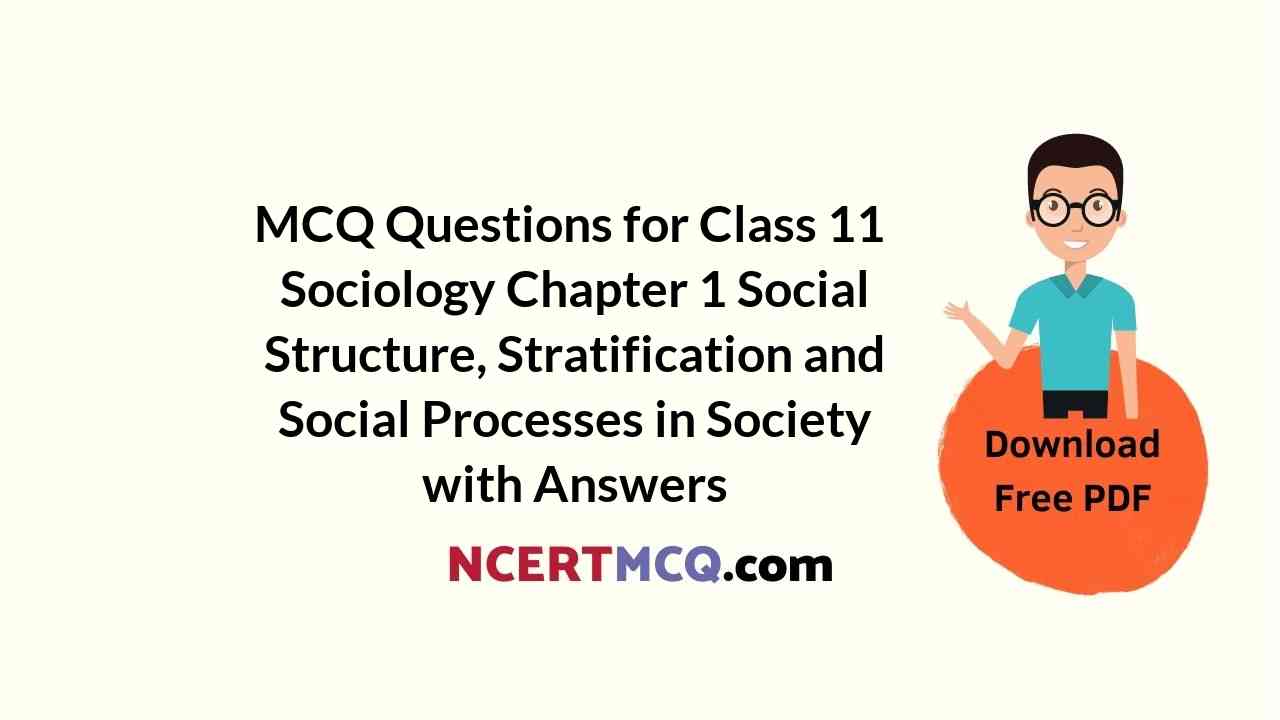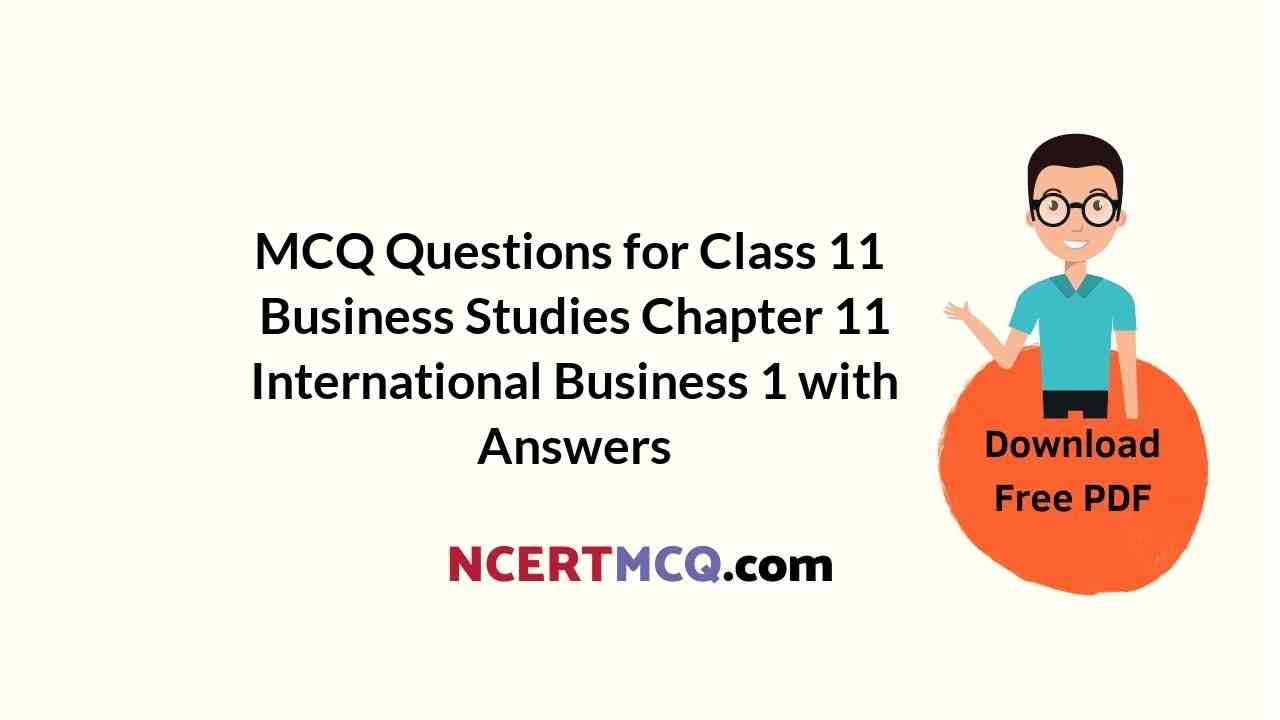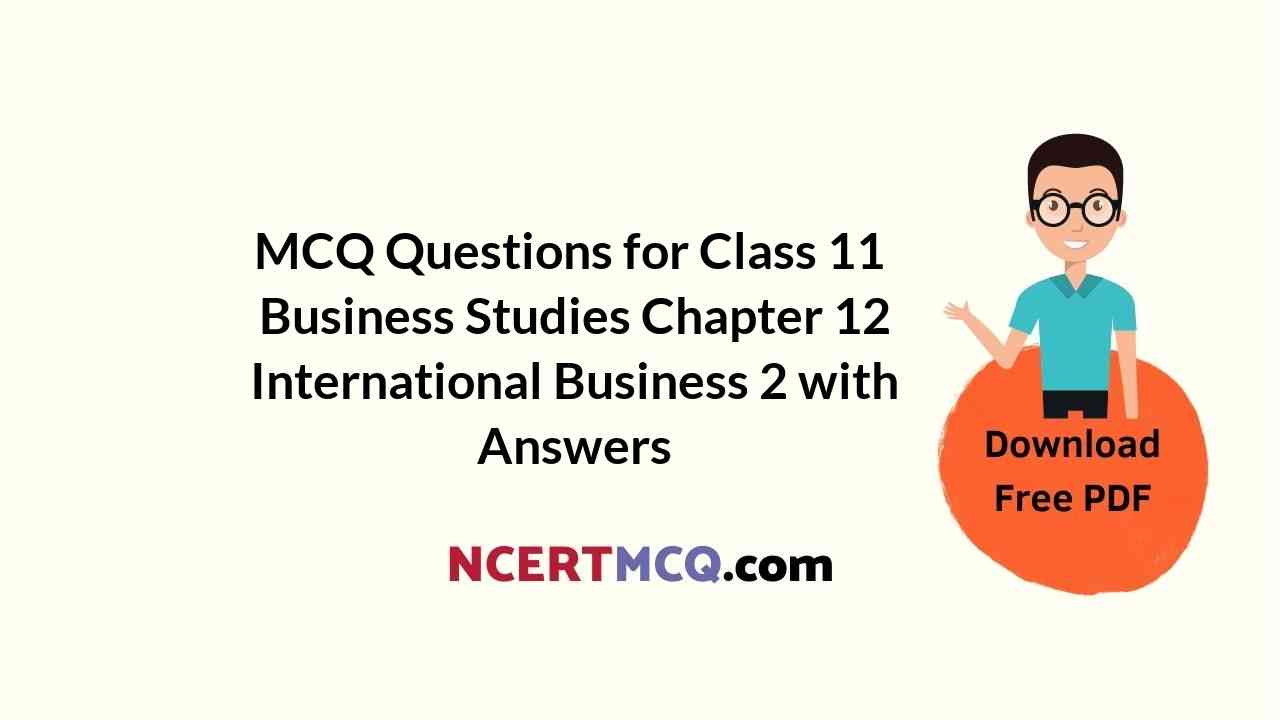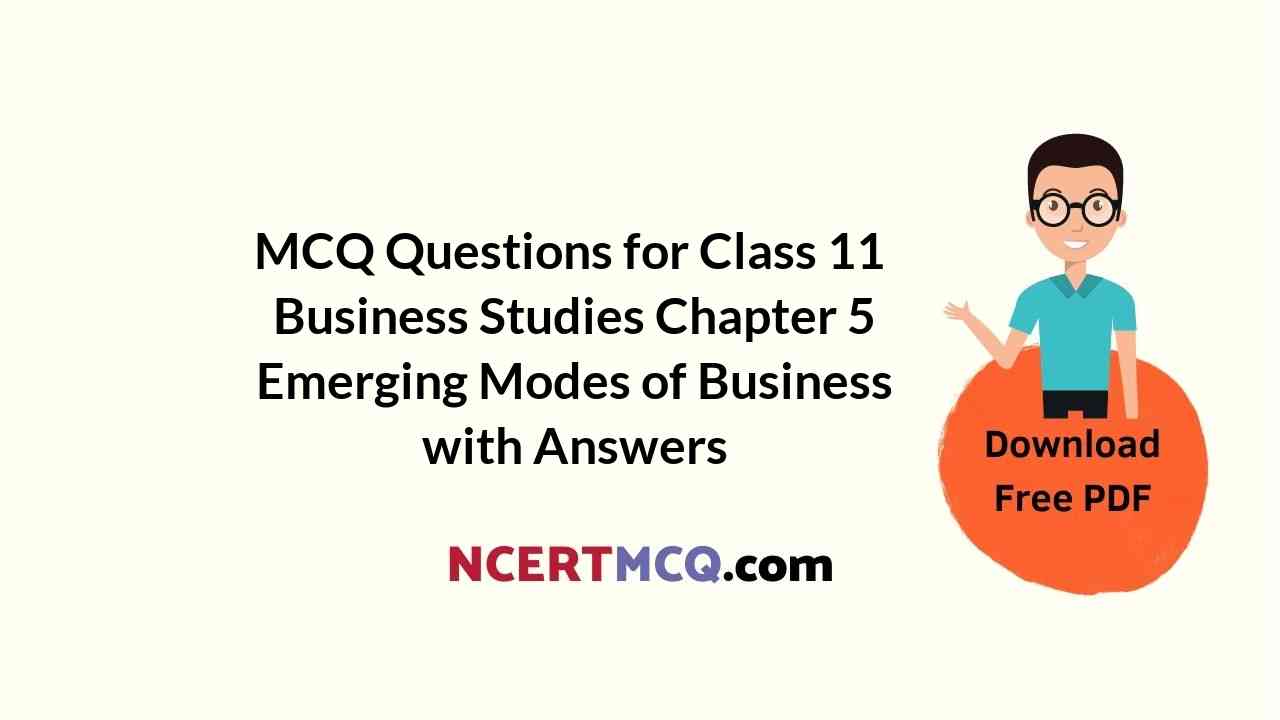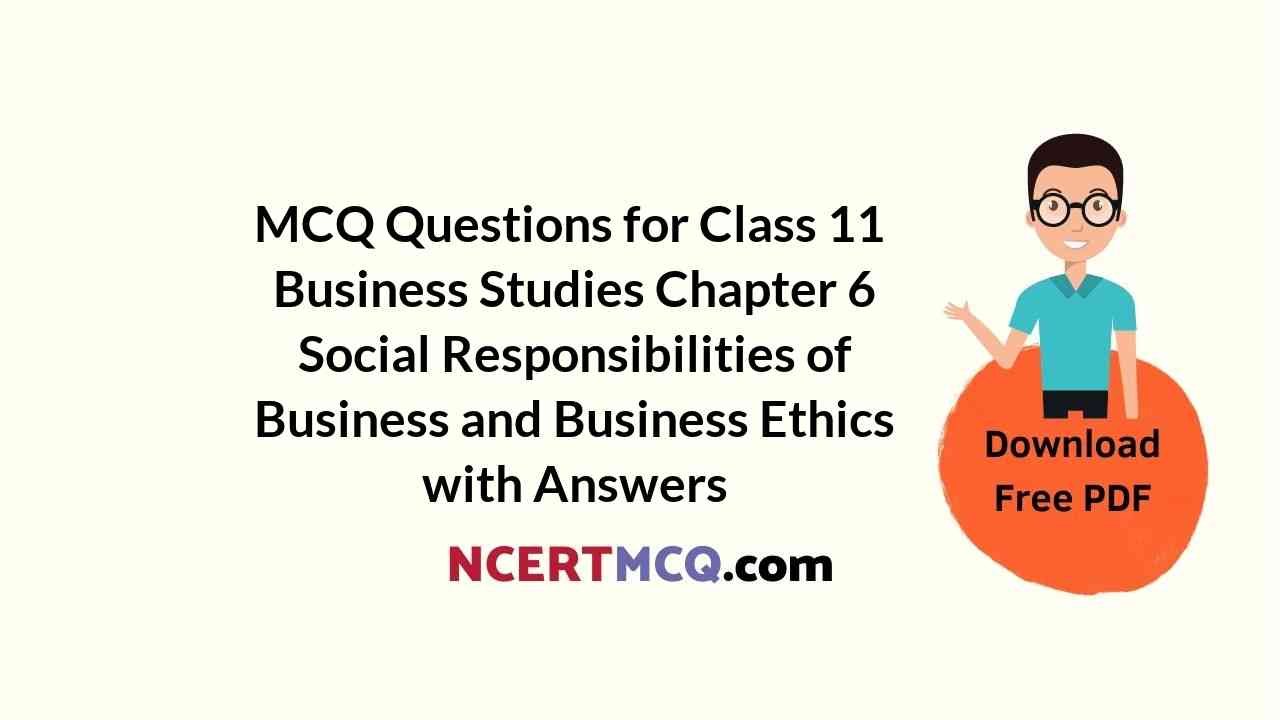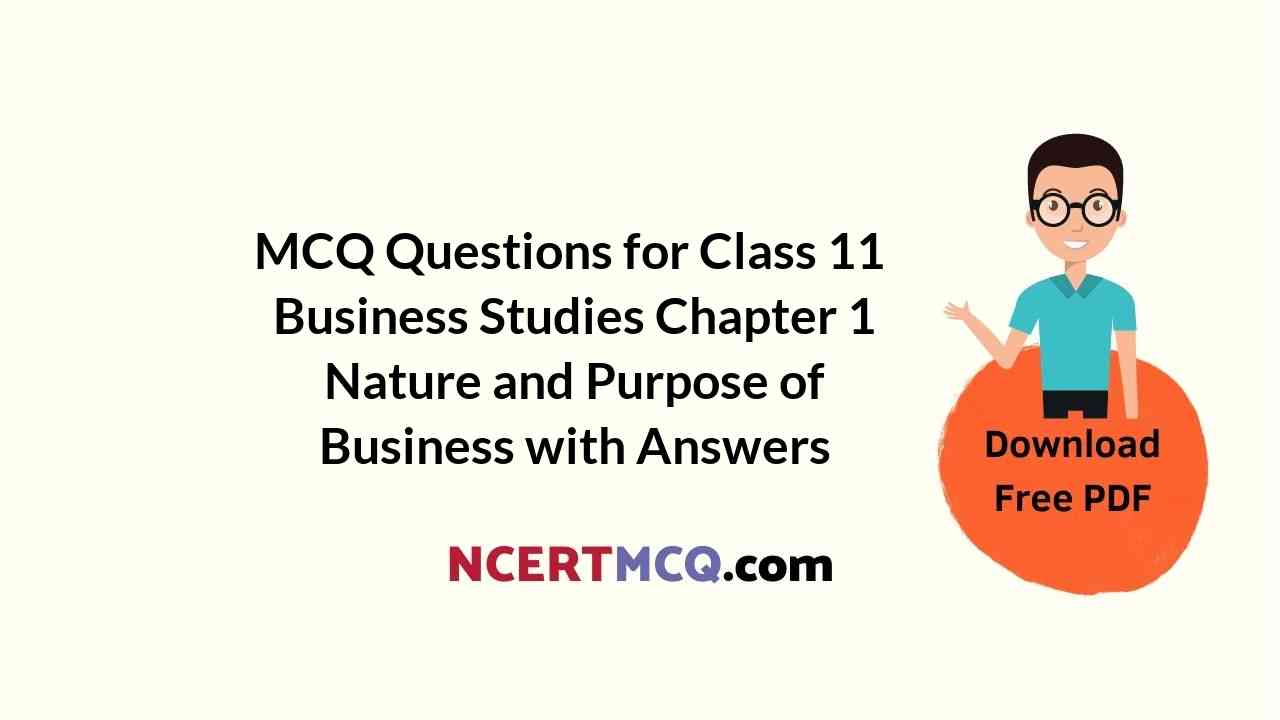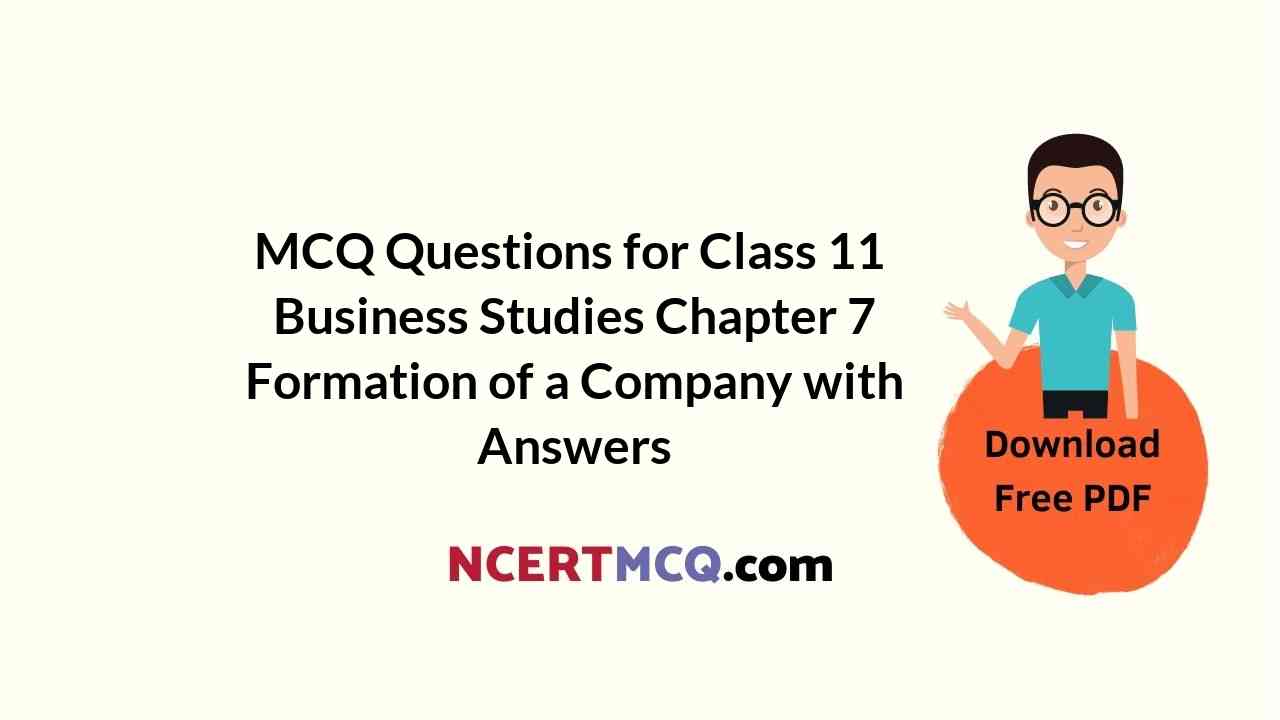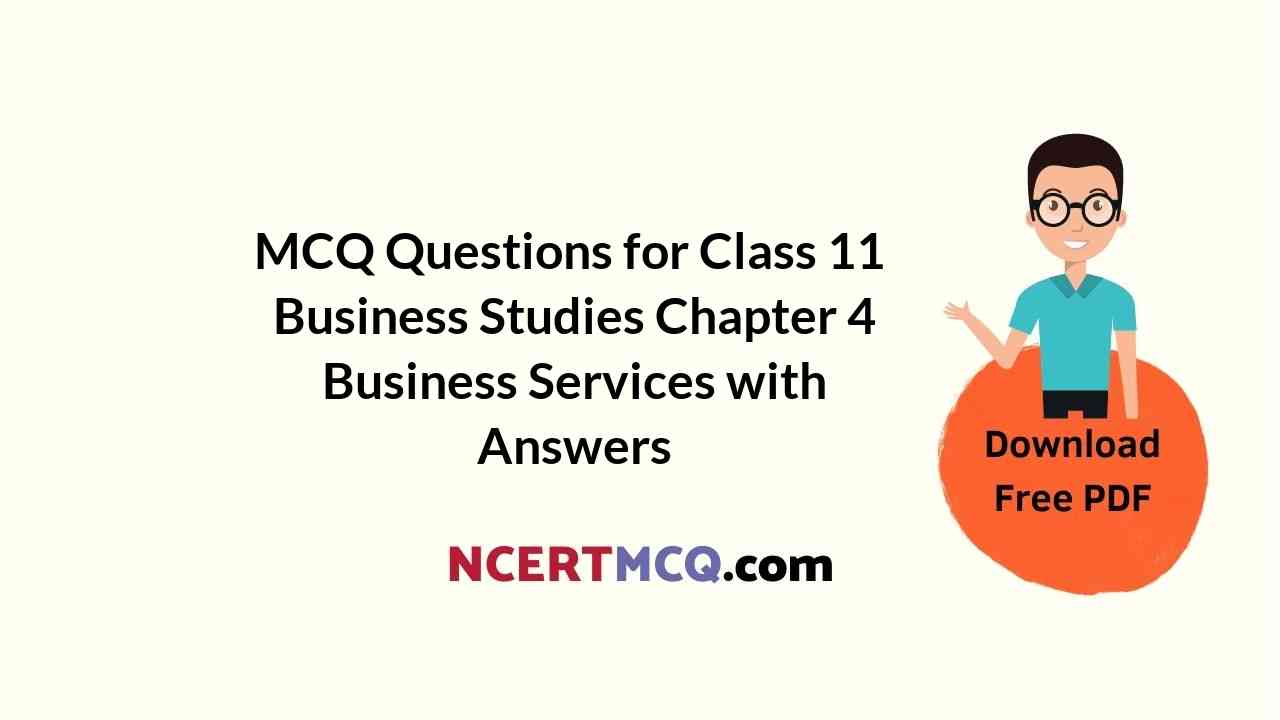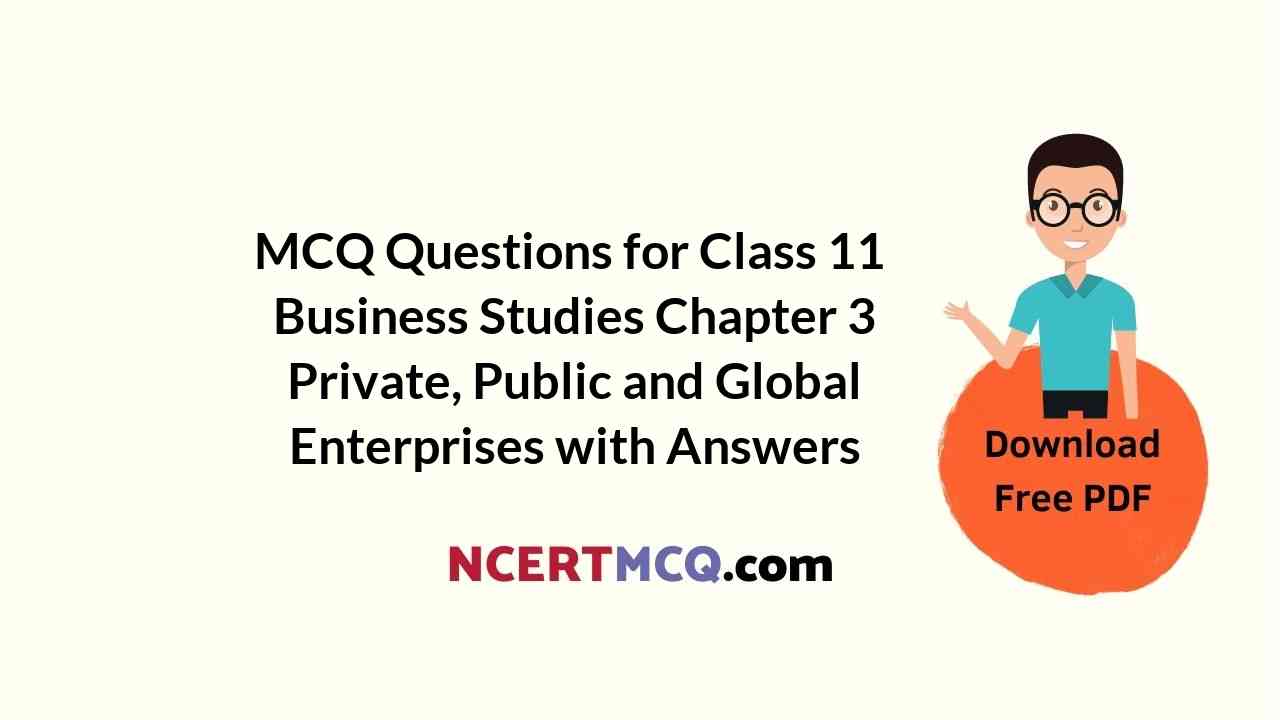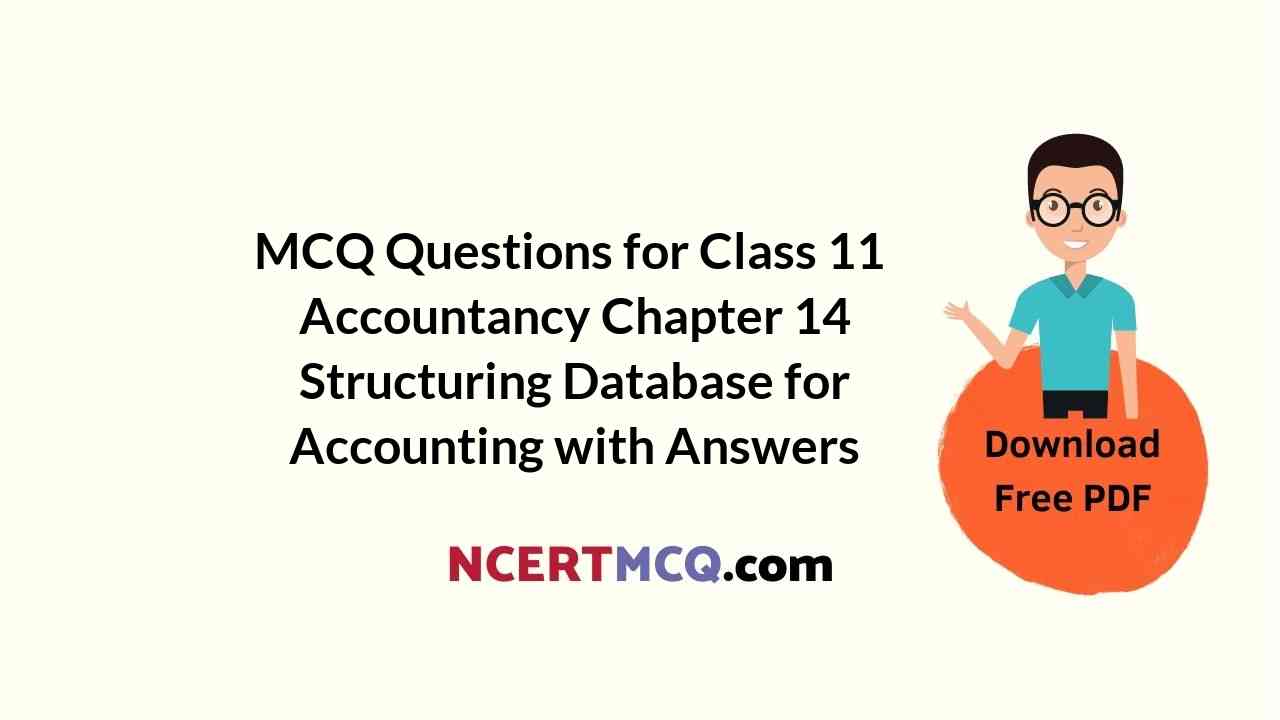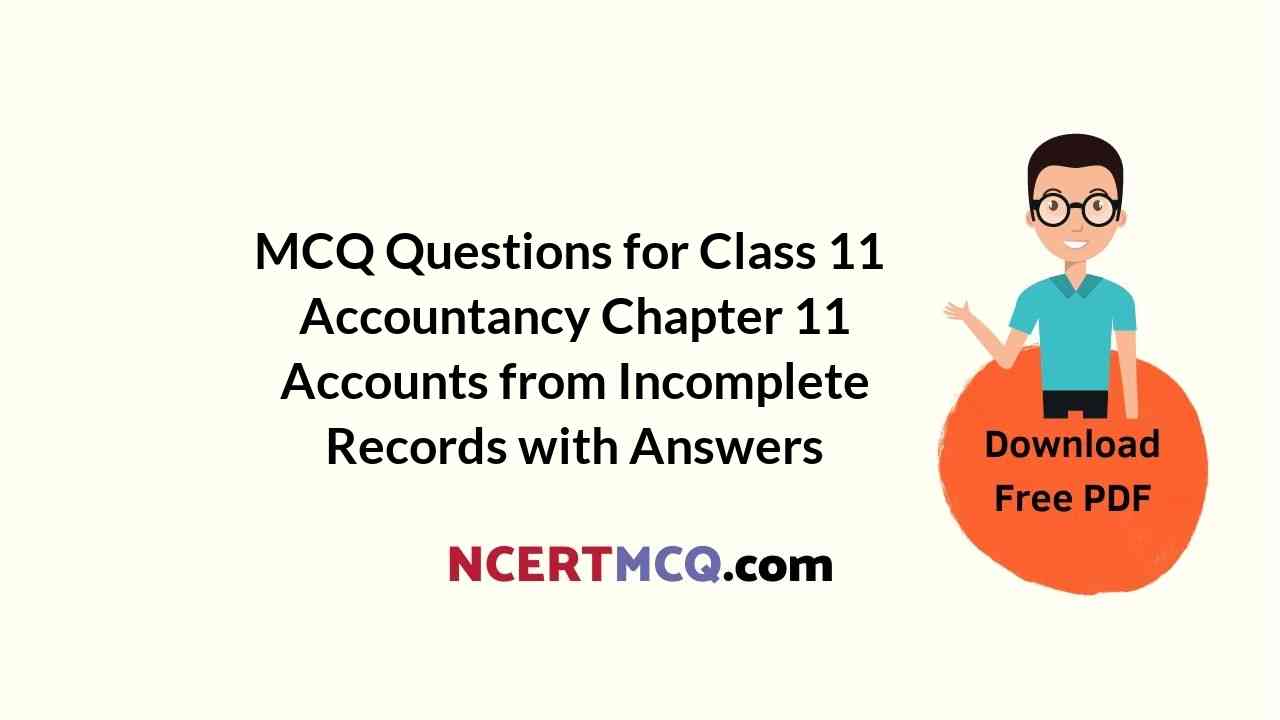Check the below NCERT MCQ Questions for Class 11 Sociology Chapter 1 Social Structure, Stratification and Social Processes in Society with Answers Pdf free download. MCQ Questions for Class 11 Sociology with Answers were prepared based on the latest exam pattern. We have provided Social Structure, Stratification and Social Processes in Society Class 11 Sociology MCQs Questions with Answers to help students understand the concept very well.
Class 11 Sociology Chapter 1 Social Structure, Stratification and Social Processes in Society MCQ With Answers
Sociology Class 11 Chapter 1 MCQs On The Social Structure, Stratification and Social Processes in Society
Question 1.
Life Chances, Social Statuses, and political influences are enjoyed by __________
(a) Primary Groups
(b) Tertiary Groups
(c) Privilege Groups
(d) Interest Groups
Answer
Answer: (c) Privilege Groups
Question 2.
Unit of social structure is
(a) institution
(b) association
(c) social groups
(d) all of these
Answer
Answer: (d) all of these
Question 3.
The notion that human beings have to cooperate to meet their basic needs, and to produce and reproduce themselves and their world was supported by
(a) Emile Durkheim
(b) Charles Darwin
(c) Tom Bottomore
(d) Durkheim and Karl Marx
Answer
Answer: (d) Durkheim and Karl Marx
Question 4.
Admission procedures, codes of conduct, daily assemblies, annual functions, and school anthems are the examples of
(a) family structure
(b) political structure
(c) school structure
(d) religious structure
Answer
Answer: (c) school structure
Question 5.
The choices an individual makes/has in life, in terms of the school she goes to, or if she goes to school at all, the clothes she gets to wear, the foods she consumes, etc all of which is determined by _______
(a) Status
(b) Role
(c) Prestige
(d) All the above
Answer
Answer: (a) Status
Question 6.
The universal features of all societies are
(a) growth, development, and progress
(b) co-operation, conflict, and competition
(c) urbanisation and industrialisation
(d) tradition and modernity
Answer
Answer: (b) co-operation, conflict, and competition
Question 7.
The central concepts to understanding the dialectical relationship between the society and individual are _______
(a) Structure
(b) Stratification
(c) Social processes
(d) All the above
Answer
Answer: (d) All the above
Question 8.
‘The clash of interests’ is known as
(a) conflict
(b) competition
(c) co-operation
(d) class struggle
Answer
Answer: (a) conflict
Question 9.
With co-operation, conflict and competition are also the parts of
(a) modern societies
(b) tribal societies
(c) rural societies
(d) Indian societies
Answer
Answer: (a) modern societies
Question 10.
“Social structure constrains our activities to constructed frameworks and patterns of organization and directs our behaviour”. Name the thinker.
(a) Max Weber
(b) Durkheim
(c) Bottomore
(d) K. Marx
Answer
Answer: (b) Durkheim
Question 11.
The term ‘social structure’ means that society
(a) is stratified
(b) has concrete structure
(c) is captured
(d) is structured
Answer
Answer: (a) is stratified
Question 12.
Expansion of trade, division of labour, specialization, and rising productivity are the features of
(a) post-industrialization
(b) democracy
(c) capitalism
(d) religious rituals
Answer
Answer: (c) capitalism
We hope the given NCERT MCQ Questions for Class 11 Sociology Chapter 1 Social Structure, Stratification and Social Processes in Society with Answers Pdf free download will help you. If you have any queries regarding CBSE Class 11 Sociology Social Structure, Stratification and Social Processes in Society MCQs Multiple Choice Questions with Answers, drop a comment below and we will get back to you soon.
Class 11 Sociology with Answers MCQ:
